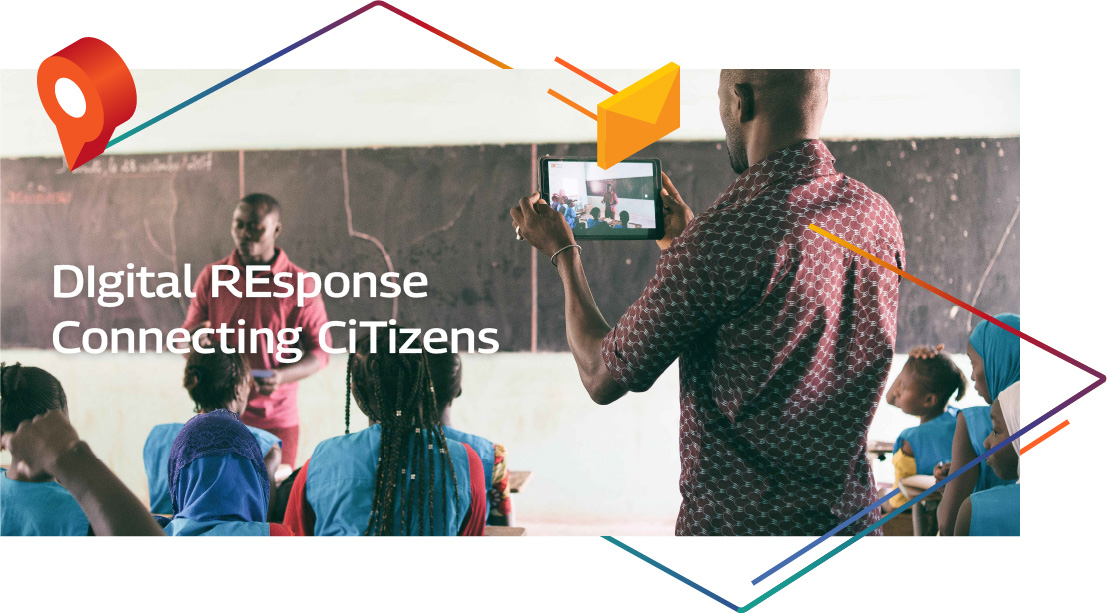The Covid-19 crisis has shown that digital services can reduce the impact of pandemics and crises for citizens, patients, students and businesses: staying connected with institutions and partners is an effective response to crises.
The DIRECCT program supports the connectivity and digitization of health, education and small business actors to better cope with current and future shocks.
Financed by the EU, it is jointly implemented by Agence Française de Développement (AFD) and Enabel, the Belgian development agency. The 15.4 million euro program is managed by AFD



